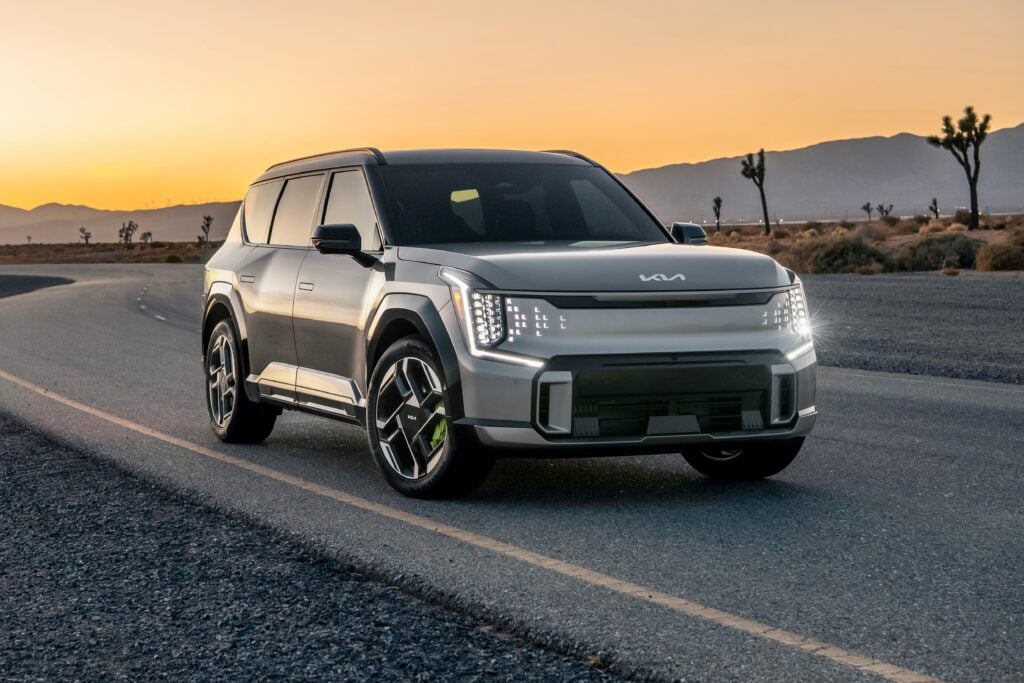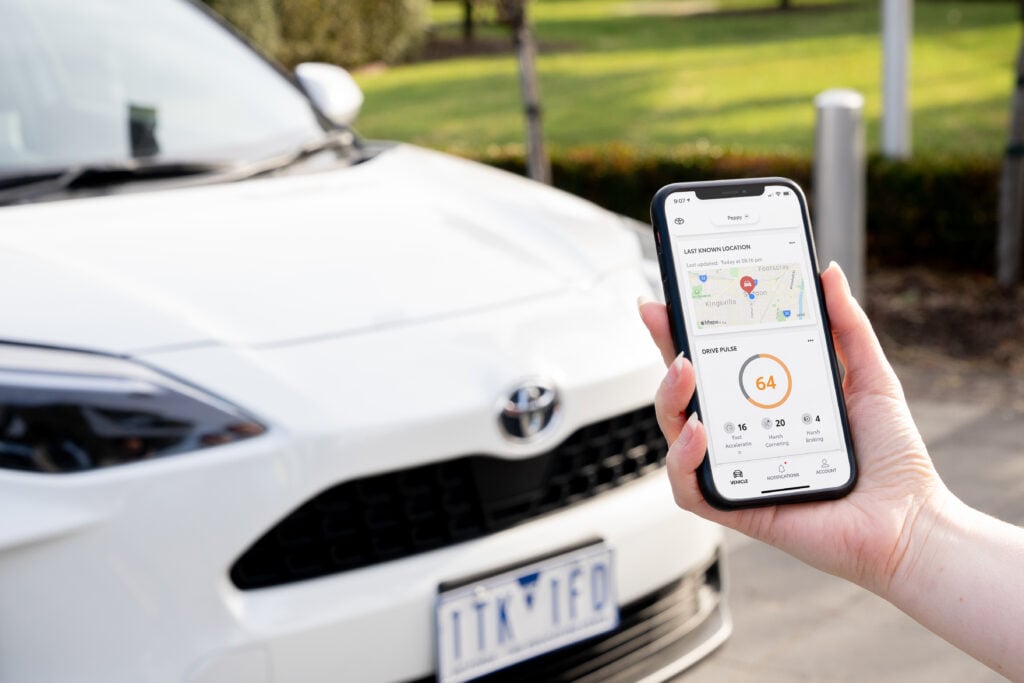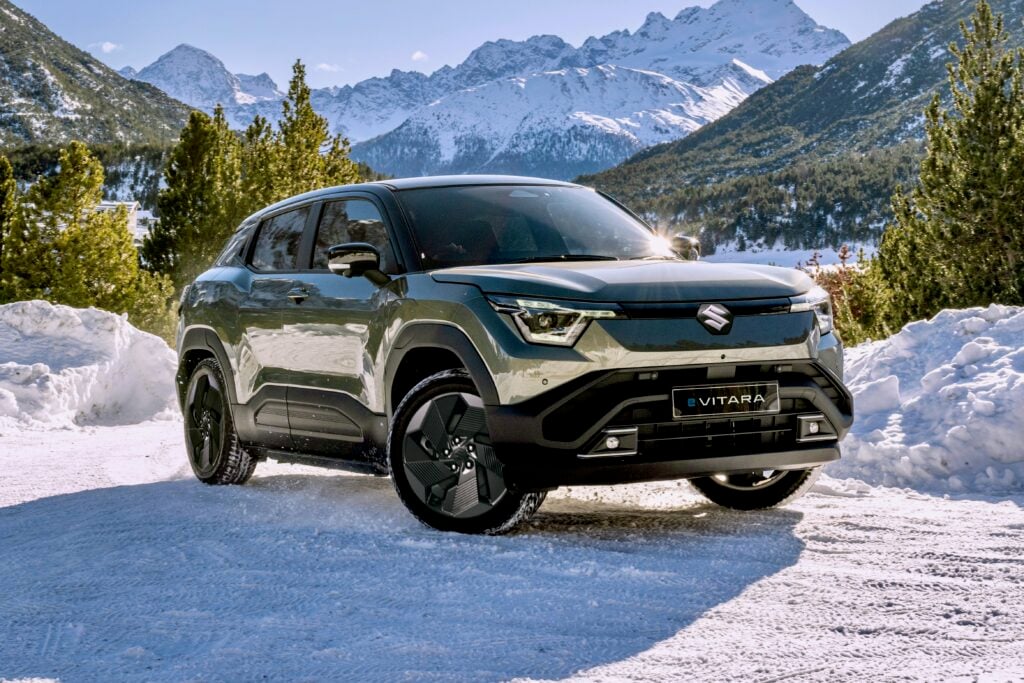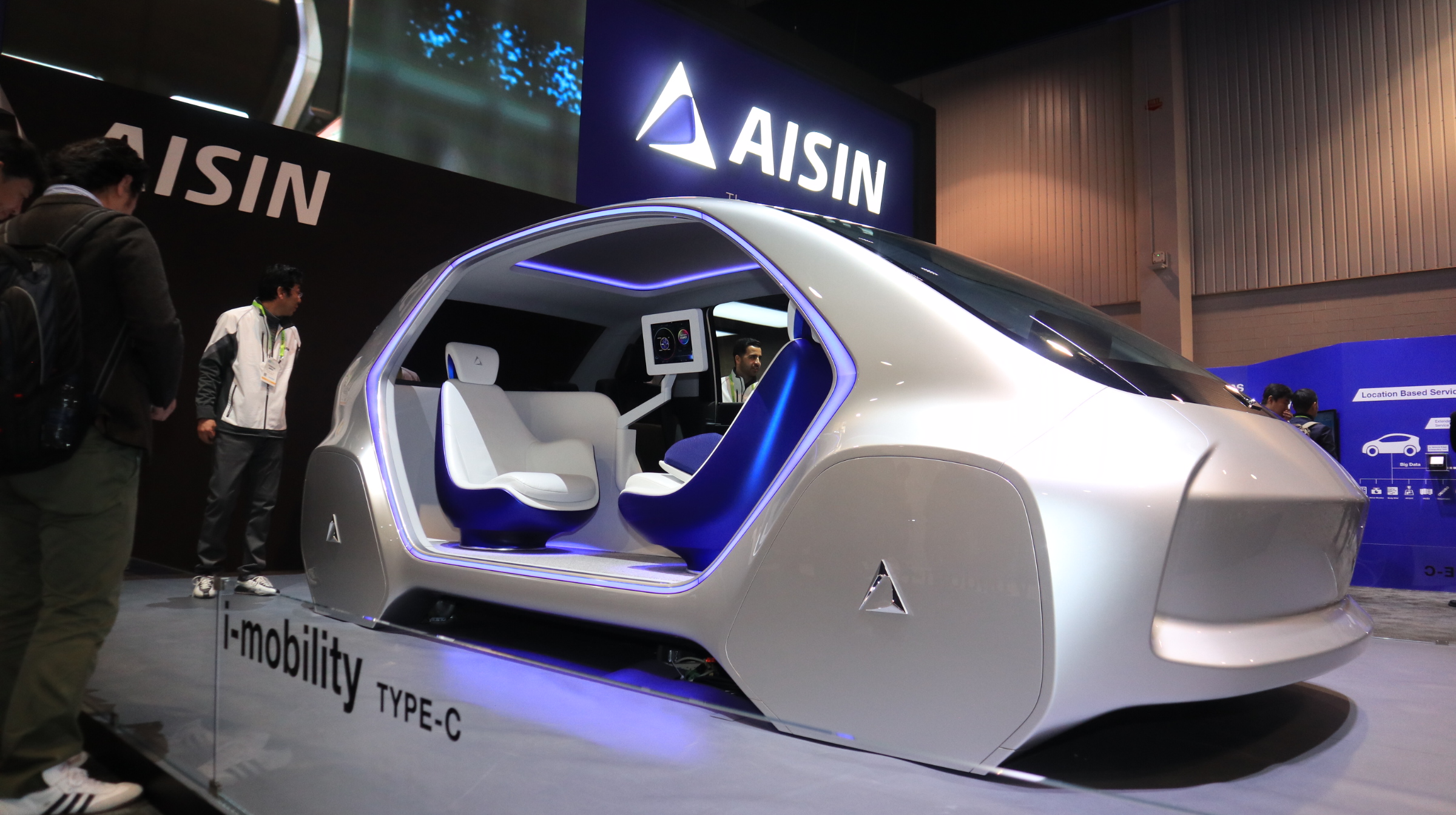
Even though the car industry is spending untold billions of dollars on developing driverless technology, it looks as if people aren’t ready to accept the notion of robot drivers just yet.
A report issued over the weekend in the United States shows that more than 70 percent of Americans are actually scared of riding in a fully self-driving vehicle.
A similar study recently conducted by an Australian insurance company also shows that around 57 percent of those surveyed thought driverless cars were a ‘dangerous idea’.
Currently, a driverless car is considered a ‘level four’ autonomous vehicle on a scale of one to five. A car equipped with basic cruise control is considered at level one, while a vehicle with no steering wheel or means for human intervention is considered a level five.
The American Automobile Association (AAA) survey suggested that the poor result for fully autonomous cars is largely down to a number of recent and highly publicised incidents involving driverless cars, which operate in limited numbers in states like Arizona.
A driverless Uber vehicle, for example, struck and killed a woman crossing the road in darkness in that state in early 2018, despite the presence of an operator behind the wheel of the car.
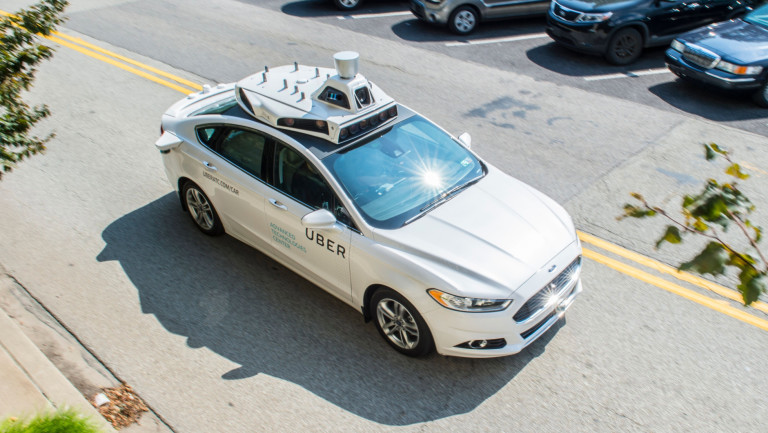
Uber suspended all driverless operations (above) pending an investigation, but limited services have resumed on a trial basis in Pittsburgh, Pennsylvania.
We want to know – what do you think about a driverless future? Are you all for it? Will it benefit our society? Will it be a danger to everyone? Let us know in the comments section below.
Oddly, only 44 percent of Americans surveyed expressed confidence in the notion of driverless delivery services, while only one in five were confident about allowing a driverless vehicle to transport a family member or loved one.
Companies like Ford – who has patented removable driver controls for cars – are trialling driverless delivery vehicles (below) that operate like mobile lockers; a notification is sent to the recipient to come and retrieve their package when the vehicle arrives at their location.
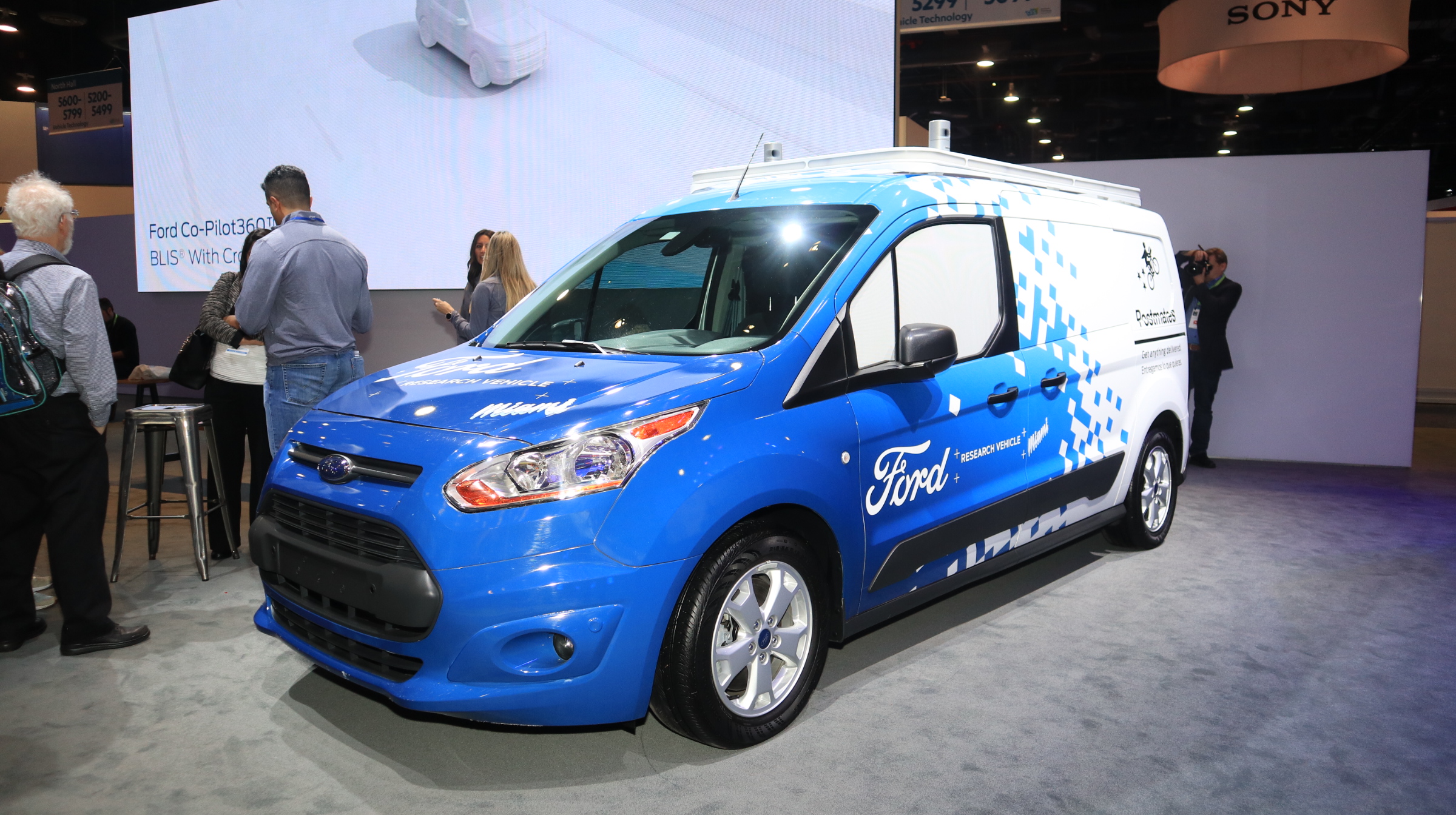
The Australian survey, meanwhile, showed that while there’s less concern here about the dangerousness of autonomous cars – 57 percent nationally – less than half of those surveyed would actually ride in one.
Drilling down a little further into the Australian study – conducted late in 2018 – shows that Canberrans (80 percent) were most averse to the notion of driverless cars, while 60 percent of people aged 18-24 said that autonomous cars aren’t dangerous.
South Australia, NSW and the ACT currently permit driverless vehicles on public roads under controlled conditions, while Adelaide is currently trialling a limited driverless shuttle service along the Glenelg beachfront.
WhichCar says
There’s a lot of chat and excitement around the notion of driverless cars, and the studies being undertaken in Adelaide, for example, are genuinely revolutionary.
However, the tech still has a long way to go. The world’s biggest companies are spending mind-bending sums on fast-forwarding the tech… but at the moment, the best that can be done is sending a monitored car on a mapped-out track over a short distance.
The issues stymying driverless tech are legion, but key amongst them is the vast amount of data needed to safely deploy an autonomous car.
BMW told us in 2017 that while it can develop a ‘regular car’ with five million kilometres of driving, it needs 150 million kilometres to develop a level 5 autonomous car.


